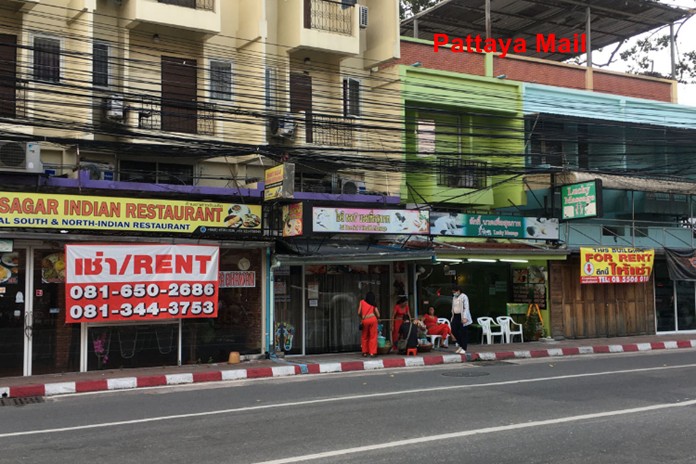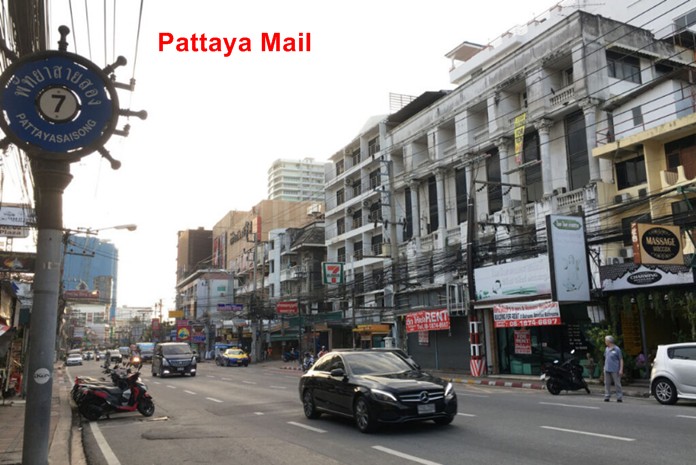
Pattaya’s spa and massage industry has all but disappeared, with employment dropping 96 percent since the start of the coronavirus pandemic, the Pattaya Spa Association said.
The lack of foreign tourists has left North, Central and South roads quiet during weekdays, day and night. Many shophouses have “for sale” and “for rent” signs in the empty windows, especially those that once housed massage parlors, restaurants and clothing stores.

Spa association President Chairat Rattanopas said Nov. 27 that there used to be as many as 500 massage businesses in Pattaya, most of them between Beach and Second roads.
He said 90 percent of them have now closed. About 75 remain open inside hotels.
“There are around 10 massage businesses in Pattaya, which were established to support tourists with tour groups that each employed 200-300 people,” Chairat said. Now there are no tour groups and many small- and medium-sized massage houses have closed or cut staff by 80 percent.
He said many spas are inside hotels and that even while the resorts have reopened, the spas have not. Even major industry players like Let’s Relax Spa by the Siam Wellness Group remain closed.
Thai tourists aren’t big customers of massage parlors targeting foreigners and Thais, Chairat said. Many have negotiated salary cuts with employees to survive but many workers simply quit and returned to the provinces rather than earn a pittance to live in relatively expensive Pattaya.
Shops that once employed 30-40 people now employ four or five, Chairat said. Overall, Pattaya’s spa industry has shrunk from 10,000 people to less than 400, he estimated.
The collapse of the spa and massage industry affects more than just masseuses and owners, Chairat said. The domino effect has knocked down materials suppliers, drink suppliers, schools and even government training programs. The entire supply chain has been devastated, he said.
After Covid-19, Thailand may see a vastly different spa industry, Chairat said. Businesses and chains may disappear, replaced by individual masseuses and masseurs.
That offers opportunity, but also creates problems, Chairat said: There may be more work for the self-employed, but quality control, safety and hygiene will suffer.
 |
 |
 |





